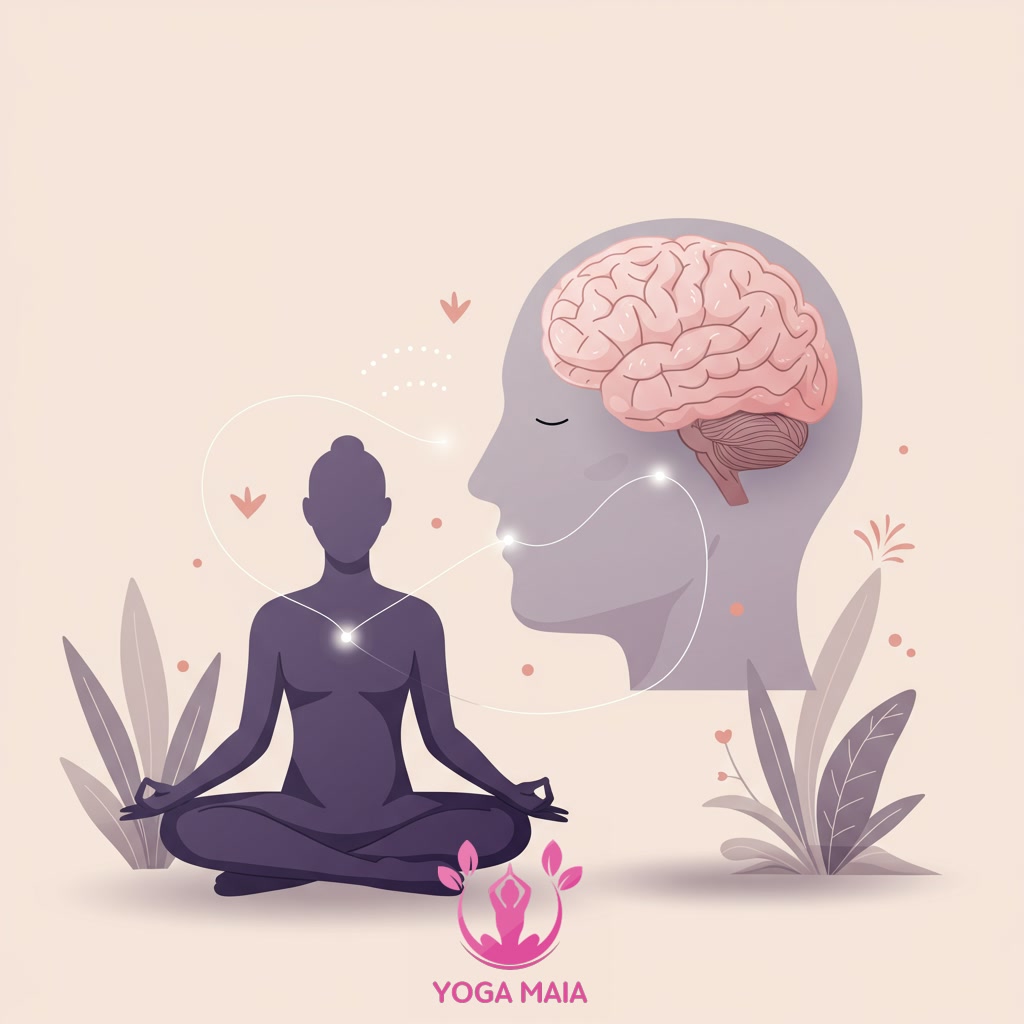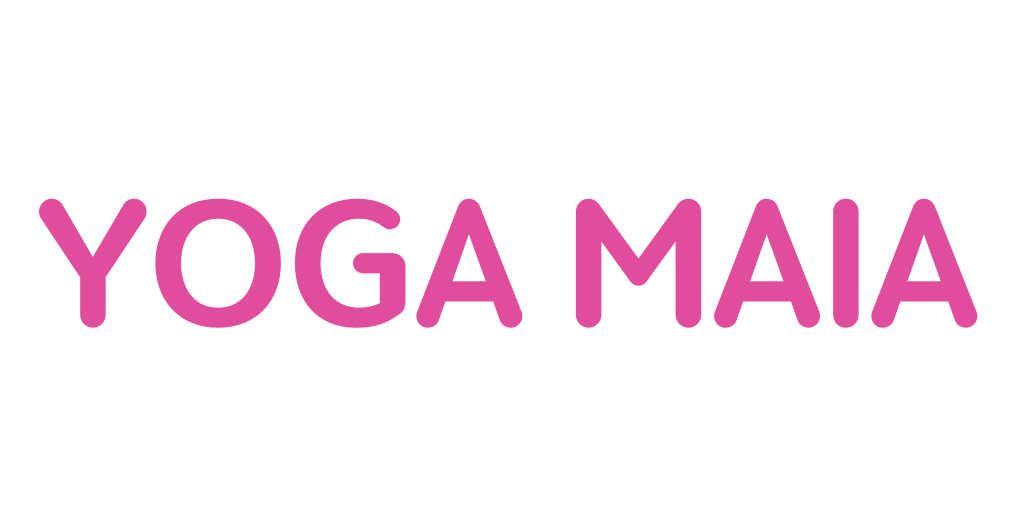Yoga Blog
Boost Your Brain Power: Yoga for Improved Mental Alertness and Concentration

Yoga offers a powerful path to enhancing cognitive function and boosting brain power. Practicing yoga postures and breathing exercises can significantly improve mental alertness. Regular engagement in yoga is shown to boost concentration and focus. This approach provides practical techniques for sharpening the mind and increasing overall mental clarity.
Table of Contents
- Section 1: Understanding the Brain-Yoga Connection
- Section 2: How Yoga Enhances Mental Alertness
- Section 3: Specific Yoga Poses for Concentration and Focus
- Section 4: The Role of Breathwork (Pranayama) in Cognitive Function
- Section 5: Integrating Yoga into Your Daily Routine for Brain Health
- Section 6: Beyond the Mat: Mindfulness and Meditation
- Section 7: Conclusion: Achieving Peak Mental Performance with Yoga
Section 1: Understanding the Brain-Yoga Connection
Yoga is more than just a physical exercise; it deeply impacts our cognitive function by fostering a strong connection between the mind and body. Scientific studies suggest that regular yoga practice can influence brain structure and activity. Techniques like controlled breathing (pranayama) and meditation, often integrated into yoga sessions, help regulate the nervous system, reducing stress hormones like cortisol which are detrimental to brain health and cognitive performance. By calming the mind and increasing oxygen flow, yoga creates an optimal environment for the brain to function more effectively, leading to improved clarity, focus, and overall mental resilience. This fundamental link forms the basis for how yoga can help boost your brain power.

Section 2: How Yoga Enhances Mental Alertness
Building upon the mind-body connection, yoga actively enhances mental alertness through several mechanisms. Firstly, specific postures and breathing techniques, known as pranayama, increase oxygen flow to the brain, which is vital for cognitive function and alertness. Secondly, the practice cultivates present moment awareness, training the mind to stay focused and less prone to distractions, thereby improving immediate responsiveness and clarity. Furthermore, yoga is highly effective at reducing stress hormones like cortisol. Lower stress levels directly correlate with improved brain function, allowing for clearer thinking and heightened alertness. By calming the nervous system and improving cerebral circulation, yoga provides a direct pathway to a more awake and responsive mind.

Section 3: Specific Yoga Poses for Concentration and Focus
Building on the foundation of improved oxygen flow and the mind-body connection, certain yoga postures are particularly effective in cultivating concentration and focus. Balancing poses, such as Tree Pose (Vrksasana) or Eagle Pose (Garudasana), demand unwavering attention to maintain stability, training the mind to stay present. Seated postures like Lotus Pose (Padmasana) or Easy Pose (Sukhasana) provide a stable base conducive to calm, focused breathing and inward attention. Poses requiring deliberate alignment and strength, like Warrior II (Virabhadrasana II) or Triangle Pose (Trikonasana), also enhance focus by engaging both the body and the mind simultaneously. Practicing these specific asanas encourages a state of focused awareness, reducing mental distractions and strengthening your ability to concentrate on a single point or task.

Section 4: The Role of Breathwork (Pranayama) in Cognitive Function
Building on the foundation of improved oxygen flow and the mind-body connection established through postures, we delve deeper into the power of conscious breathing, known as Pranayama. This vital aspect of yoga involves specific techniques to regulate the breath, directly influencing the nervous system and promoting a state of calm focus. By controlling the pace, depth, and rhythm of inhalation and exhalation, Pranayama enhances oxygen delivery to the brain, crucial for optimal cognitive function. Furthermore, the practice itself requires intense mental concentration, effectively training the mind to minimize distractions and sustain attention. Engaging in Pranayama regularly helps to quiet mental chatter, sharpen mental clarity, and significantly boost concentration, offering a profound pathway to harness the breath for enhanced brain power.

Section 5: Integrating Yoga into Your Daily Routine for Brain Health
Building on the power of conscious breathing, integrating yoga into your daily life doesn’t require hours. Even short, focused sessions can significantly boost brain health. Consider dedicating just 10-15 minutes each morning to simple poses and breathwork to awaken your mind for the day. Mid-day breaks offer another opportunity; a few stretches and deep breaths can help clear mental fatigue and restore focus. Incorporating yoga into your routine, perhaps before starting demanding tasks or after periods of intense concentration, trains your mind to find calm and clarity on demand. Consistency is key; making yoga a regular practice, however brief, strengthens the neural pathways associated with concentration and mental alertness over time, seamlessly blending physical well-being with cognitive enhancement.

Section 6: Beyond the Mat: Mindfulness and Meditation
Extending the benefits gained from physical yoga postures and conscious breathing, the practice of mindfulness and meditation offers a powerful path to further enhancing cognitive function. Mindfulness involves bringing non-judgmental awareness to the present moment, whether during a yoga pose, a breathing exercise, or simply sitting still. Meditation, often a more structured practice, trains the mind to focus or remain openly aware, reducing mental clutter and improving the ability to concentrate. By regularly engaging in these practices, you cultivate inner calm, sharpen focus, and improve mental clarity, directly contributing to enhanced mental alertness and overall brain power, truly taking the benefits of yoga ‘beyond the mat’.

Section 7: Conclusion: Achieving Peak Mental Performance with Yoga
Building upon the profound benefits derived from physical postures, controlled breathing, and the focused awareness of mindfulness and meditation, consistent yoga practice offers a powerful conclusion to the journey towards peak mental performance. By integrating these techniques, individuals can effectively quiet the mental chatter that hinders concentration, sharpen their ability to focus on tasks, and improve overall cognitive agility. This holistic approach not only mitigates stress, a primary obstacle to clear thinking, but also strengthens neural connections vital for attention and executive functions. Embracing yoga as a regular discipline provides a sustainable and natural method to unlock enhanced mental alertness and the capacity for deep, sustained concentration, enabling you to navigate challenges with greater clarity and efficiency.













